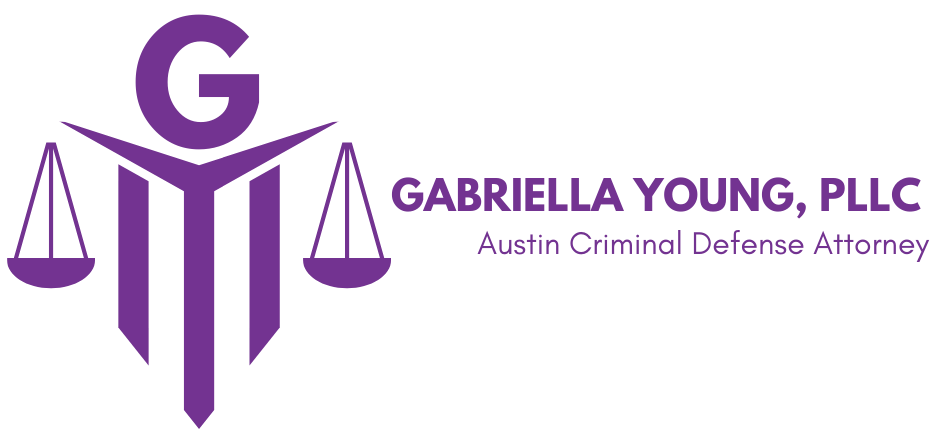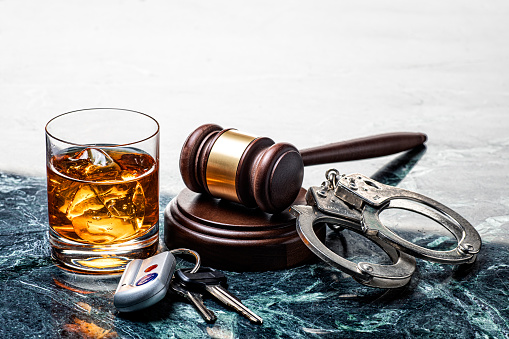DWI Trial Texas. When it comes to facing a DWI, or driving while intoxicated, in the state of Texas, it’s important to note that each and every case is different from one another. Additionally, all courts, judges, District Attorneys, and those who appear for jury duty are things that all vary depending on the case. A verdict in this type of case is something that can hinge on whoever actually appears for jury duty on any day that the case is in session. There are times in which cases will end up getting reset due to other cases going to trial first, regardless of the reason for doing so. Typically, courts set a total of four to ten jury trials per week, meaning that the defense should always be ready at any time. In the event that a case ends up not getting reached during the day, it will be reset for another day.
In terms of how long the trial process itself takes, this is something that depends on a couple of different issues. More specifically, it depends on whether or not there is a chemical result, as well as the total number of witnesses have been called to testify. It’s also worth noting that the defense does not have the power to determine when any trial will go on any date when it’s scheduled.
Here are the basics of a DWI trial process in the state of Texas.
*First up is jury selection, which occurs for any kind of trial case as well. This process involves each side having the opportunity to ask potential jurors specific question, typically related to the specific type of case that they may end up serving on. If the case is either a misdemeanor or felony, both sides will each obtain a specific number of peremptory strikes; however, in the state of Texas, the specific number is ten for a felony and three for a misdemeanor. A potential juror may also be removed for cause by the judge, but this is typically done once jury selection has been completed and if a reason to suspect that they will be partial to judge the case has been determined.
*Next involves pre-trial matters. Once the jury has been selected, the judge will then often take the time to complete any pre-trial matters, which are issues that need to be dealt with prior to the trial itself starting. Pre-trial matters can include specific items that one or both attorneys may wish to have the judge review whether or not the jury should be permitted to hear specific testimony when the trial begins.
*Up next are the opening statements. This process involves both sides each being permitted to make a statement that will serve as a map for what each side will show as evidence throughout the trial itself. In this process, the prosecution always gives their statement first, with the defense giving theirs second. However, even though the defense always presents once the District Attorney is finished, they also have the right to waive opening and instead present their opening statement prior to presenting their case-in-chief.
*Next is the case-in-chief. Generally defined, this is the part of a trial in which the party with the burden of proof will present their evidence. When it comes to a DWI case in the state of Texas, it’s often easy to determine which witnesses will be called to testify by the state. These individuals can include the main investigating officer, the officer who performed the field sobriety test, citizens who contacted 911, and more. Additionally, if either a blood test or chemical specimen is involved, specific witnesses who specialize in factors such as these will typically be called to testify. In terms of the defense, they are under no obligation legally to present any evidence, as the burden of proof always lies with the state; however, there are certain types of testimony that can help their case.
*Up next is jury charge, also commonly referred to as jury instruction. Prior to the closing arguments taking place, the court generally submits a sample of a version of a jury charge in order to determine whether or not both parties agree. When the jury charged is ruled on, the judge will then outline ground rules for the jury to consider when determining whether or not someone is guilty. Once this has been done, both attorneys will be able to utilize the jury charge when it comes to making closing arguments.
*Next are the closing arguments from both sides. These are designed to serve as a summary of multiple factors such as witness testimony, exhibits that have been presented, the evidence, and more. Typically, the District Attorney, who has the right to testify both first and last, won’t offer much during the first portion of their closing argument and will also use the majority of their time to argue against whatever the defense stated during their closing presentation.
*DWI Trial Texas. Jury deliberation is next, which involves the jurors in the case going to the jury room to begin deciding on their verdict. This process involves first electing a foreman, who will decide how the deliberations themselves should be conducted and how. Criminal cases must always have a unanimous verdict, and if it isn’t, the judge will oftentimes send back what’s known as an Allen Charge, which indicates that if the jury cannot come to a unanimous decision, a mistrial will be declared and another jury could end up hearing the case.

